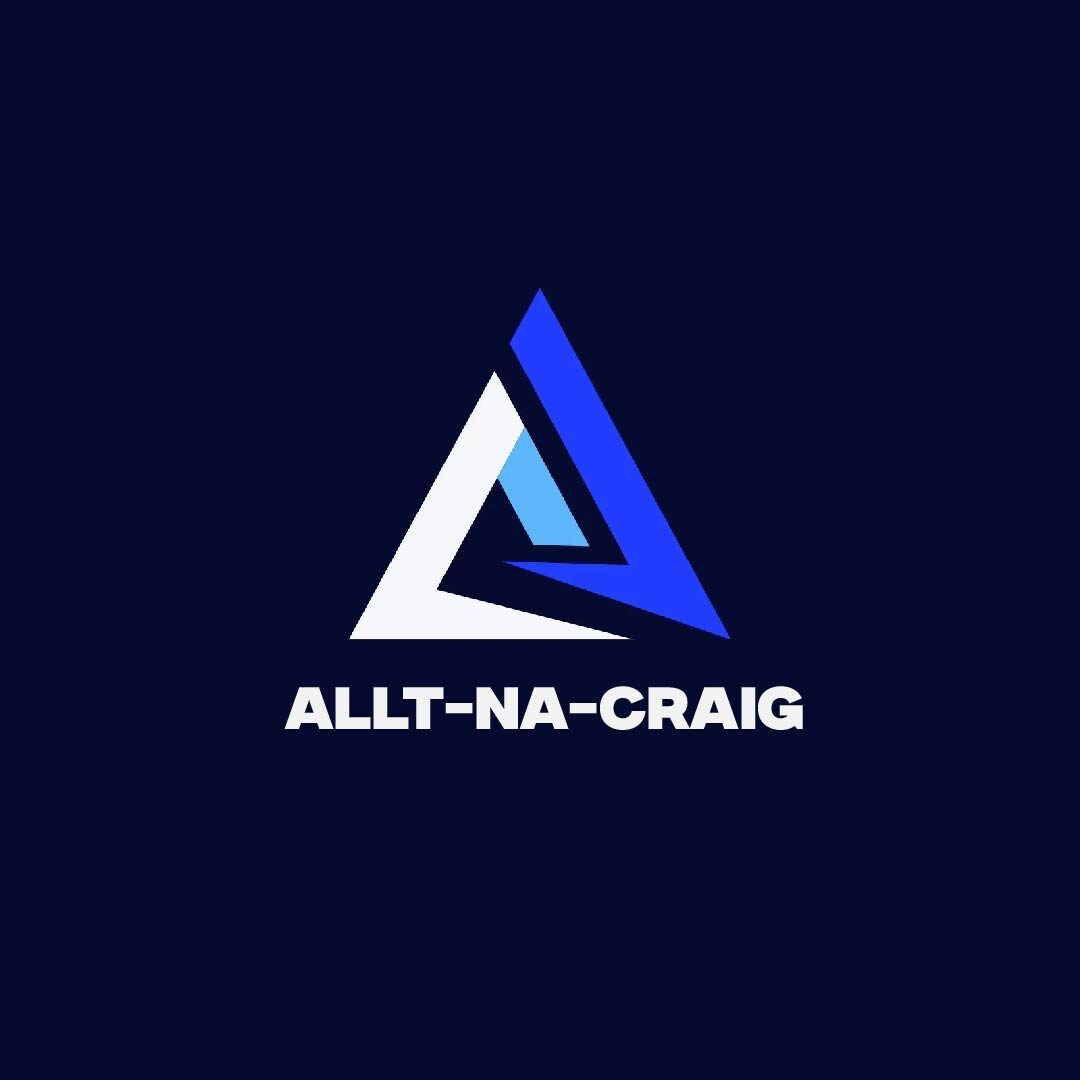Crafting Digital Pathways in Modern Web Worlds
Web development stands at the core of today’s interconnected world, a realm where creativity merges with technology to build experiences that shape how people interact online. The websites and applications that fill our screens are the result of countless hours of coding, design, and problem-solving, all working invisibly behind the scenes to create seamless journeys through digital landscapes. This ever-evolving field is both an art and a science, requiring not just technical skill but also empathy for users and an understanding of how technology influences everyday life.
At its essence, web development involves constructing the structures that allow the internet to function and flourish. Every website, from the simplest blog to the most complex online marketplace, depends on web developers to bring ideas to life and connect content with users. The process involves many layers, starting with front-end development, which focuses on everything a visitor sees and interacts with on a website. Front-end developers use languages such as HTML, CSS, and JavaScript to shape layouts, colors, fonts, buttons, and animations. They ensure that the interface is both visually appealing and intuitive, designing for an experience that feels natural and responsive across desktops, tablets, and smartphones.
Behind this visible layer lies back-end development, the engine room where data is stored, processed, and managed. Back-end developers write code that communicates with databases, handles user authentication, manages content, and executes business logic. Their work ensures that websites perform correctly, securely, and efficiently. Technologies like Python, Ruby, PHP, and Node.js power these http://boosday.com/ systems, often supported by frameworks that provide reusable components to speed development. Without the back end, the user interface would be little more than static images; with it, sites become dynamic platforms capable of personalized experiences and real-time updates.
Many web developers today embrace the role of full-stack engineers, mastering both front-end and back-end skills to deliver comprehensive solutions. This versatility allows them to see the project from multiple angles and enables faster iteration and problem resolution. The increasing complexity of web applications, coupled with the rapid pace of technological change, demands professionals who are adaptable, eager to learn, and comfortable working with diverse tools and languages.
Web development is deeply influenced by user expectations and emerging technologies. The rise of mobile devices has made responsive design a critical aspect of any project. Developers strive to create websites that fluidly adapt to screens of all sizes and resolutions, ensuring accessibility and usability regardless of the device in use. Performance optimization is also paramount; users expect pages to load quickly and interactions to feel immediate. This drives developers to optimize code, compress images, and employ caching and content delivery networks that reduce latency.
Accessibility plays a central role in modern web development. Creating inclusive digital spaces means designing websites that can be used by everyone, including people with disabilities. Developers implement features that assist screen readers, provide keyboard navigation, and maintain appropriate contrast for visually impaired users. This attention to detail not only complies with legal standards in many countries but also broadens the audience and enriches the user experience for all.
Security cannot be overlooked in the web development process. As websites increasingly handle sensitive data—whether personal information, financial transactions, or private communications—developers must safeguard these assets against cyber threats. Best practices include encrypting data, implementing secure authentication protocols, and regularly updating software to patch vulnerabilities. Security is a shared responsibility and a fundamental element of trust between users and the websites they visit.
Collaboration and community are intrinsic to the field of web development. Open-source platforms and repositories like GitHub foster shared knowledge and continuous improvement. Developers worldwide contribute to frameworks, libraries, and tools that simplify tasks and introduce new possibilities. This global exchange of ideas accelerates innovation and democratizes access to cutting-edge technologies, allowing even small teams or solo developers to build powerful applications.
Web development continues to grow as a critical discipline shaping how people connect, shop, learn, and entertain themselves online. It is a field marked by constant evolution, fueled by creativity, technical skill, and a relentless drive to improve digital experiences. Every line of code and pixel on a screen represents countless hours of planning, coding, and testing, all aimed at crafting pathways that bring the internet’s vast potential within reach.
